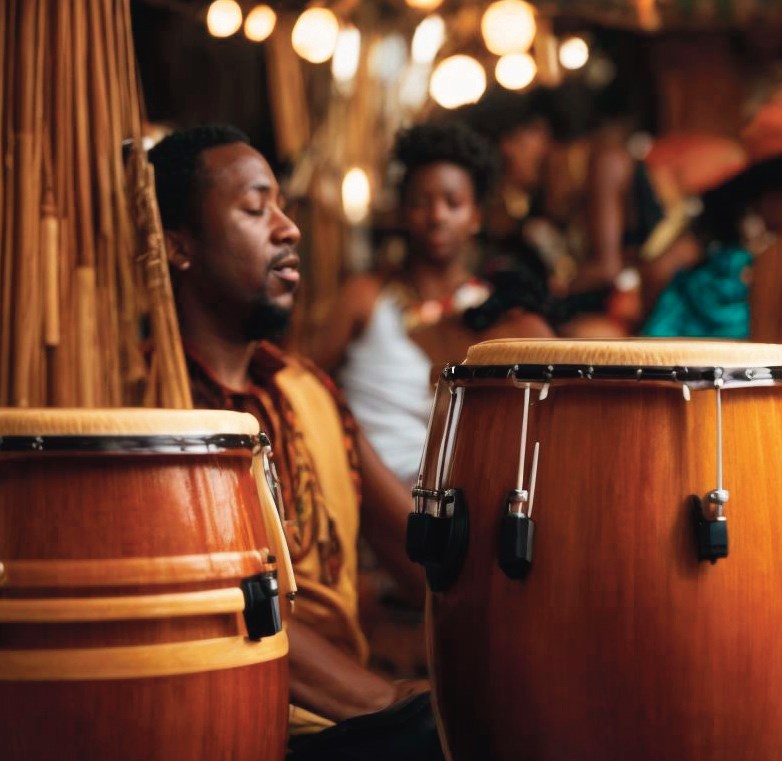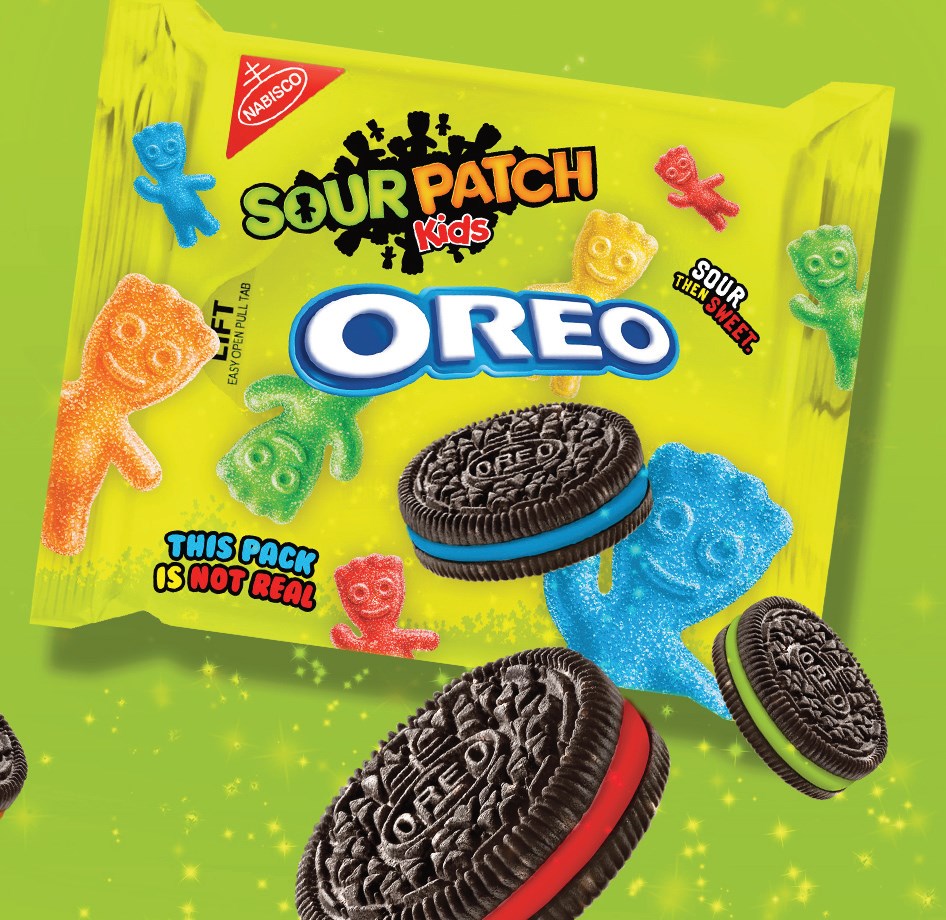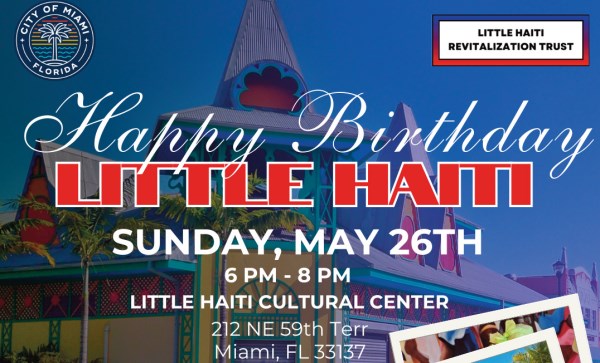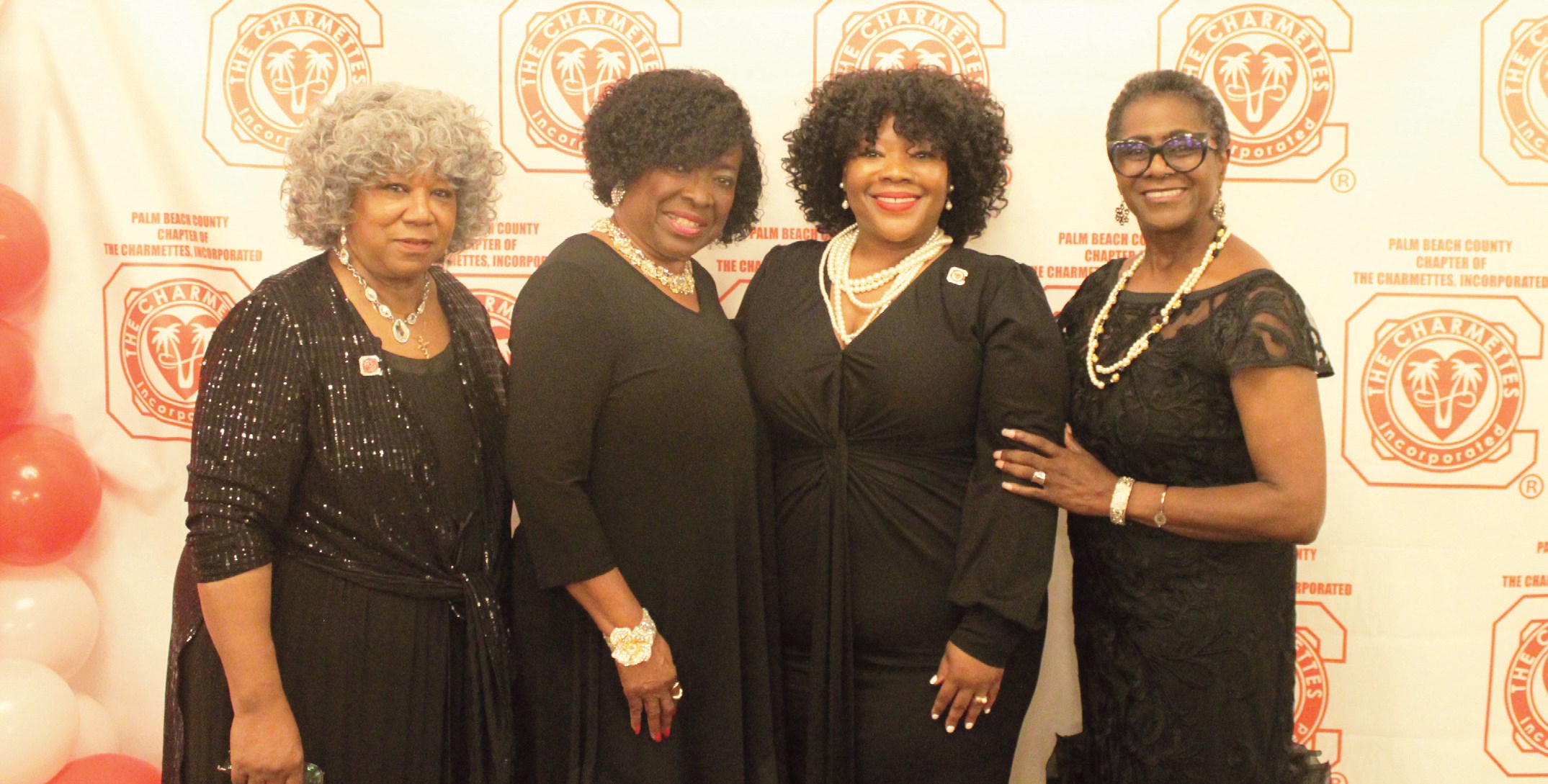The furor over Donald Trump’s marketing of the “God Bless the USA” Bible was sparked by just that: the pitchman is the former President whose entry into politics plunged the nation into sharp polarization through his blend of unapologetic populism, crass showmanship — and flirting with “white nationalism.”
However, this offering of the Christian holy book, at $59.99, is not recent; it has been on sale since late 2021. It includes the text of the King James Version (KJV), along with the Declaration of Independence, the Constitution, the Pledge of Allegiance, the flag and the lyrics of “Proud to be an American,” also known as “God Bless the USA,” by Lee Greenwood, from which it got its name. And it is not the first time that lay texts have been inserted into copies of the Bibles. As Slate’s Molly Olmstead, noted in a Sept. 15, 2021, report.
An American Bible Society version featured President Dwight Eisenhower’s name on the cover after he died in 1969, a page explaining his love for the book and a photo on the back. Jerry Falwell, leader of the Moral Majority, published the “I Love America Bible” in 1993 that included a rendering of Revolutionary War soldiers, biographies of presidents, an essay on the American Revolution and the Constitution.
The Rev. Richard G. Lee, a Southern Baptist pastor, published “The American Patriot’s Bible” in 2004, which, Olmstead reported, “made explicit arguments that the founding of the nation was divinely inspired.” This version contained illustrations of notable presidents and a commentary on the Second Amendment and individual liberty and the glory of military service. “Compared to the explicit messaging and militarism of the ‘American Patriot’s Bible,’ the Lee Greenwood Bible is remarkably subtle,” Olmstead wrote. Others, “even more conservative,” included the “Founder’s Bible,” the “Young American Patriot’s Bible,” the “American Woman’s Bible,” and the “1599 Geneva Bible: Patriot’s Edition.”
Catherine Brekus, a Harvard Divinity School professor of the History of Religion in America, offered an explanation. She told Olmstead that, in Olmstead’s words, “as large numbers of immigrants arrived and the civil rights and counter-culture movements disrupted the status quo, white evangelicals began to see their conceptualization of the U.S. as a Christian nation under attack.” Padding the Bible was obviously their way of linking religion and politics.
With regards to Trump and the Bible, he tried to use it to establish religious bona fides when he was aggressively courting – and eventually winning — support from evangelical leaders casting about for a candidate to endorse for the 2016 election. He attended one meeting holding the Bible and profusely proclaimed his devotion. Columbia University professor Ann Nelson provides details in her 2019 book “Shadow Network.”
As a few other presidents did before him, Trump took the oath of office in 2016 on two Bibles – his own and one which his mother Mary Anne Trump gave him two days before his ninth birthday. Hastily walking to St. John’s Anglican Church not far from the White House, he held up his daughter Ivanka’s Bible which she carried in her handbag. That took place during massive demonstrations over the police killing of George Floyd in 2020. Trump also distributed signed copies of the Bible after a hurricane in Alabama in 2020, and act which The New York Times reporter said many faith leaders defended as not being unusual.
Such actions are obviously intended to strengthen the former President’s religious credentials and, in some instances, give credence to his complaint that he is being crucified politically by his “enemies,” such as being indicted on four major crimes involving 91 counts. His base, especially his evangelical supporters, believe that he is not only being prosecuted but also persecuted because he is on a divine mission to save the “white race.”
Trump embraces that claim which is featured in press coverage of his campaign to the point where CNN’s John Blake, in an analysis in February, wrote that that it is “spreading a racist myth: that Whiteness is the default setting for evangelical Christianity.”
True evangelicals, Blake wrote, have “nothing to do with a color or a political party.” They are “Christians who share a ‘born-again’ dramatic personal conversion, who take the Bible seriously or literally and believe they’re supposed to spread their faith to others.” But, he added, “the definition of an evangelical Christian has been reduced to one category: a White conservative Republican.”
That is not the reality, as Blake noted. One in three American evangelicals is a “person of color;” 41 percent of African American Christians identify as evangelical, which is more than for European Americans, and they include stalwarts such as the civil rights leader the Rev. William Barber II. Latino Americans are the fastest growing segment of evangelicals and at least 80 percent of evangelical student groups at Ivy League universities are Asian Americans.
That is significant at a time when European Americans comprise 60 percent of the U.S. population, down from 90 percent as recently as 1950. Latinos are 18 percent and African Americans are 12 percent. African American, Latino, African and Asian evangelical Christians number in the millions, “are already profoundly changing America” and “represent what one scholar calls the ‘de-Europeanization of American Christianity,’” Blake reported.
“This change of complexion often produces a change in political perspective,” Blake wrote. “Scholars say non-White evangelicals tend to be conservative on issues like sexuality and abortion but more progressive in politics. A majority of Black evangelicals, for example say that opposing racism is an essential part of their faith.”
Still, “White Christians have historically controlled the evangelical narrative,” the Rev. John C. Richards Jr., an African American evangelical pastor at Saint Mark Baptist Church in Little Rock, Arkansas, wrote in a 2017 essay which Blake cited. “Black Christians have always lived in the peripheral vision of White Evangelicalism – our stories it may soon be impossible to ignore the importance of non-White evangelicals because of one reason: demographics.”
Blake noted also that church membership has fallen below 50 percent for the first time abut that this does not indicate a “white replacement,” as some extremists claim. “White extremists will remain a potent political force in American politics, he stated.” However, non-European American evangelicals “will likely not only save the American church but transform the nation’s politics.”
That has already been happening. Ralph Reed, founder and chairman of the Faith & Freedom Coalition, who helped Trump win over crucial evangelical support in the 2016 campaign, has noted that evangelicals were 33 percent of the electorate then and around 80 percent voted for him. Ann Nelson reported in “Shadow Network” that while Democrat Hillary Clinton won five million more popular votes than Trump but he clinched the Electoral College by 80,000 votes from three states – Michigan, Pennsylvania and Wisconsin – by less than one percent.
Trump knows that he cannot afford to lose any of that support this November but it could happen. This week, he became the first former president to face a jury – accused, significantly, that, just before the election, he paid an adult film star and a model to keep quiet about his affairs with them, which amounted to crminla interference, prosecutors say. That will inevitably resurface some aspects of Trump’s life that evangelicals and others of faith would normally find troubling, such as stating on video that he grabs women’s private parts and that he has been divorced twice and married three times.
Hence, evidently, his embrace of a Bible promoting politics. “Happy Holy Week! Let’s Make America Pray Again. As we lead into Good Friday and Easter, I encourage you to get a copy of the God Bless the USA Bible,” Trump posted on social media.
It is another opportunity to decide if a con game is continuing. Trump recently unveiled a $399 gold “Never Surrender High-Tops” sneakers; he promoted NFTs — nonfungible tokens — and a series of digital trading cards portraying him as an astronaut, a cowboy and a superhero, as Associated Press reporter Jill Colvin recalled.
The Rev. Benjamin Cremer, a campus pastor at the Cathedral of the Rockies in Boise, Idaho, has made up his mind. “It is a bankrupt Christianity that sees a demagogue co-opting our faith and even our holy scriptures for the sake of his own pursuit of power and praise him for it rather than insist that we refuse to allow our sacred faith and scriptures to become a mouthpiece for an empire,” Cremerposted on social media.













No Comment